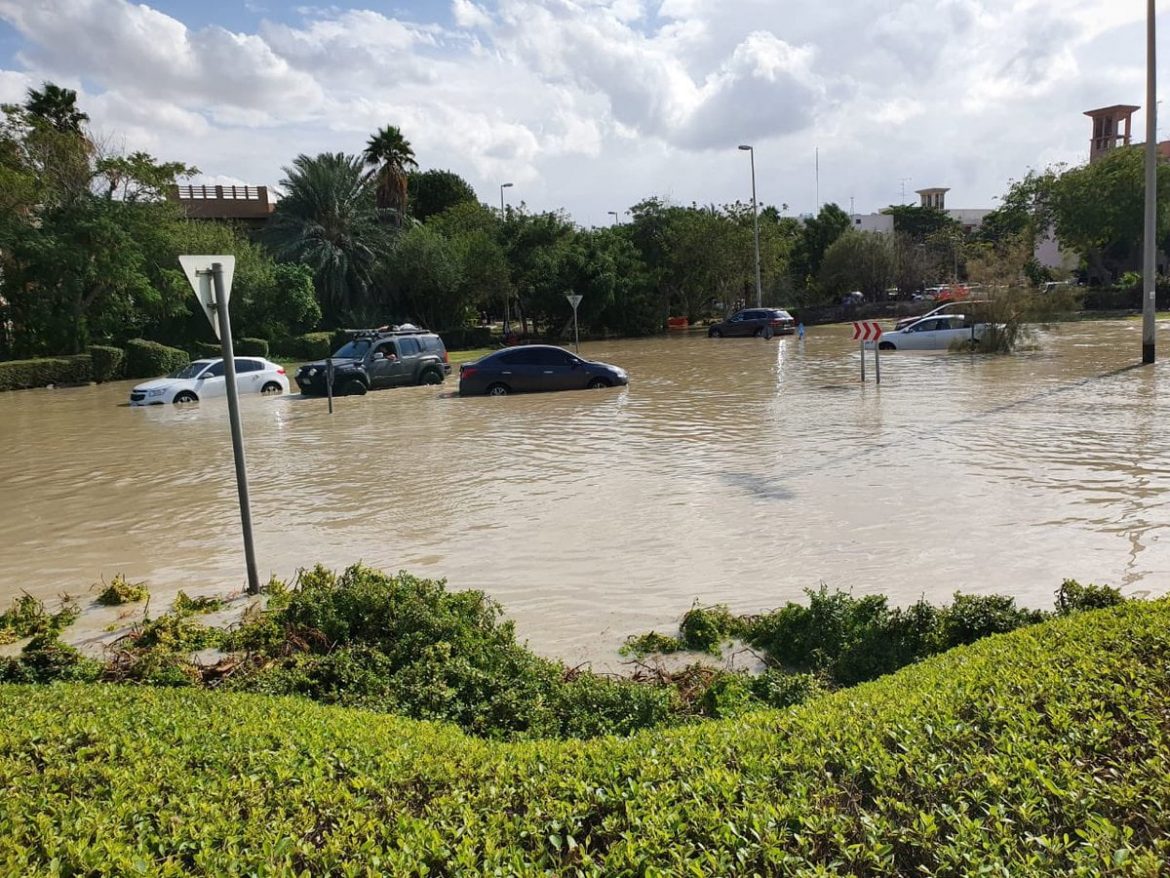The Federal Government of Nigeria and the International Fund for Agricultural Development have announced plans to deploy climate adaptation strategies to reduce the future effects of floods on farmers through the Value Chain Development Programme (FG/IFAD -VCDP).
Dr Fatima Aliyu made the announcement, acting national programme coordinator of the FGN IFAD-VCDP, in Jalingo at the distribution of Agro Inputs and Equipment to VCDP farmers affected by the 2022 flood in Taraba State.
Represented by Dr Chima Unanema, agricultural production advisor for IFAD, Aliyu said the strategies would include flood-tolerant rice varieties and climate-resilient infrastructures and other climate-smart agric technologies that would mitigate the effect of the flood on farmers.
She said that the VCDP has reallocated funds and has set aside N252 million to provide agro inputs and equipment to the affected farmers to carry out dry season farming, adding that IFAD had also approved N467 million to VCDP as support to farmers that had been affected by the flood.
Read also: Ex-cyclone travels south, causes flooding in the Northern Territory
“These are responses to the effects of floods and on an effort to provide succour to farmers across VCDP participating states.
The national coordinator said the nine states participating in the VCDP programme are Benue, Taraba, Anambra, Ebonyi, Enugu, Kogi, Nasarawa, Niger and Ogun states.
Earlier, Mr Irimiya Musa, Taraba State Coordinator of FGN/ IFAD Value Chain Development Programme, said that 238 VCDP farmers who had been affected by the 2022 flood were to benefit from the Flood Recovery Support and Input Distribution for Dry Season Rice Production in the state.
Musa said the eight participating local government areas in the state are Ardokola, Jalingo, Wukari, Karim Lamido, Bali, Gassol and Donga, adding that six out of eight local government areas would benefit from the programme due to the eminent devastation caused by the 2022 flood in the state.
The state coordinator thus encouraged beneficiaries to take advantage of the residual moisture especially as the flood had receded by planting early so that they would also harvest early.
Items distributed include NPK and Urea fertilisers, herbicides, rice seeds and water pumps.
Story was adapted from EnvironNewsNigeria.
